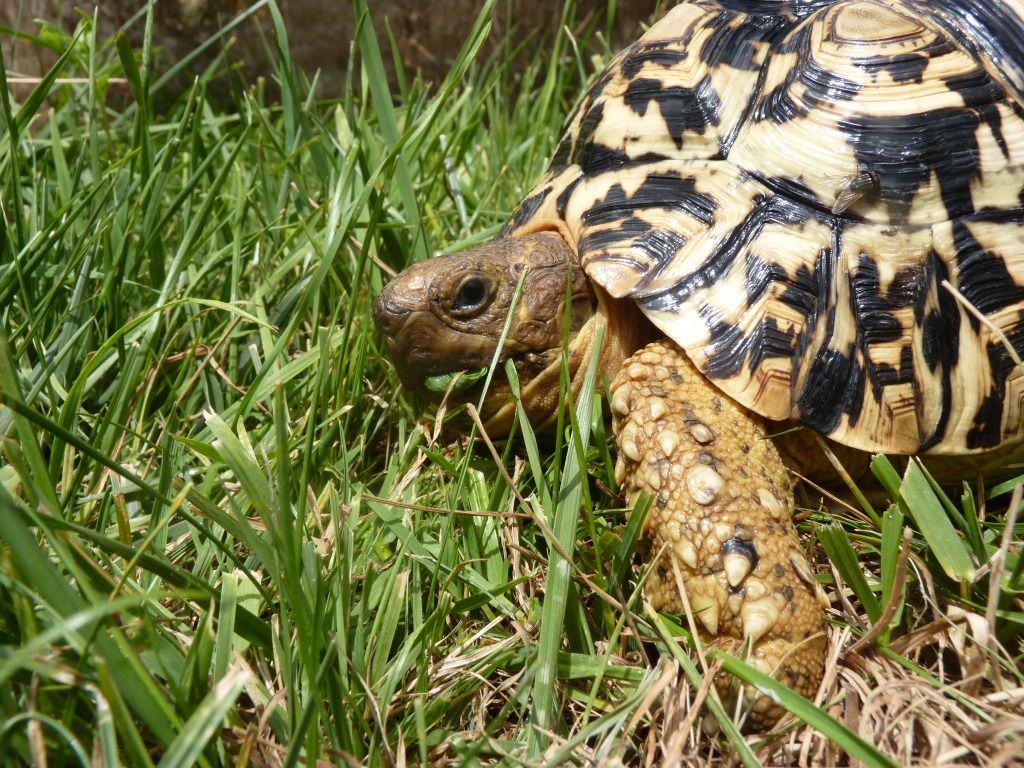- Joined
- Dec 8, 2011
- Messages
- 157
When I picked Frankel up this morning to put him in his bath, I noticed he was streaming with tears from both eyes. Had he had a bad dream, is he sad, or does it mean something more sinister and some nasty disease is in the pipeline? I've just nipped outside and looked at him again where he is grazing and all the tears have gone so hopefully it was just a bad dream. Whaddya think?????
